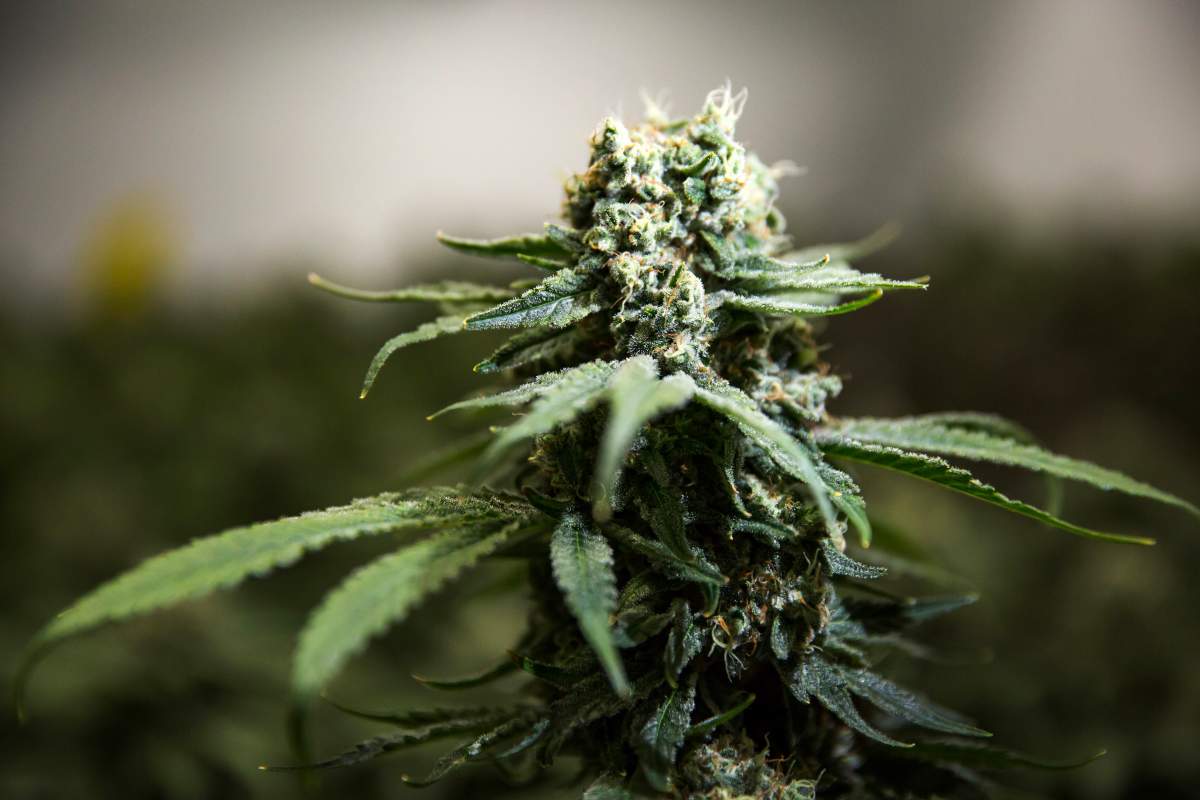It has been four years since the legalization of cannabis in Canada and the federal government is set to review how the decision has affected the health of Canadians.

In Manitoba, the Liquor, Gaming and Cannabis Authority (LGCA) has already done a similar study, which found an increase in cannabis use in the province since the drug was legalized.
“It’s not been a significant increase. We have seen some users, only about 12 per cent, feel they use more prior to legalization,” said Amanda Creasy from the LGCA.
“About 60 per cent of Manitobans 19 and over have experimented with cannabis at some point in their life.”
However, only about 35 per cent report currently using it, according to data. Thirty-nine per cent of cannabis users did it for fun or to relax, 22 per cent to reduce pain and 20 per cent to help with sleep.

There are many different ways a person can use cannabis, one of those being edibles. According to Creasy, they have seen an increase in use.
“We are seeing quite a rise in that. I suspect some of that is newer users who maybe aren’t smokers or have done that in the past are choosing to use these different forms,” she said.

Get breaking National news
With that being said, the Addictions Foundation of Manitoba (AFM) pointed to cannabis as a prime culprit when it came to additions in youth back in August.
“Sixty-four per cent of our young people are coming in because of cannabis,” said Kate Evans, prevention and education consultant, Addictions Foundation Manitoba.
“The brain is not fully developed until the age of 25 is key, and any type of exposure to alcohol or cannabis can be harmful to that brain development.”
According to data collected across the country, the average age for cannabis experimentation is 13 and 14, respectively. The later it’s delayed, the better.
“We were always exposed to stats that were saying that kids experiment early with alcohol, but alcohol was the substance of choice, followed by cannabis. But this is a very high and surprising number,” said Chantal Vallerand, executive director, Drug Free Kids Canada.
Cannabis has been known to help some people with their health. Back in Nov. 2021, the Veterans Alliance of Canada was offering education on how cannabis can be used instead of pharmaceuticals to treat chronic pain and PTSD.
Members say the benefits of cannabis products can’t be overstated; benefits they wouldn’t have discovered without the help of Veterans Alliance.
“I feel cannabis saved my life in many ways. Whether it’s my PTSD or it’s my medical issues that prevent me from doing a lot of things,” says Patricia Laviolette, a director with Veterans Alliance.
“If you asked me 10 years ago, I would have said, ‘No. Absolutely not, will I touch that stuff,’ but now, I live on that stuff and I have reduced my medication quite a bit, and I’m hoping to reduce it more.”
For president and co-founder of Veterans Alliance, Andrew MacLeod, cannabis drastically reduced the amount of pharmaceutical drugs he was previously taking.

“I myself used to be on 13 different pharmaceuticals, of which six were opiates,” MacLeod said.
“It cost me my gall bladder, all these chemicals and stuff in your system. I now take zero. I don’t take any pharmaceuticals whatsoever … and since I’ve started utilizing cannabis, I don’t have night terrors anymore, I don’t wake up screaming.”
When it comes to medical cannabis, there are a lot of myths and misconceptions that Ashleigh Brown, founder and CEO of SheCann Cannabis, spoke about on Global News Morning back in April 2021.
If cannabis is being used for medical purposes, it may not be as easy as going to a recreational store and asking what people should use for certain conditions as budtenders can not legally advise any wellness benefits or dosing or condition-specific treatment, according to Brown.
“It’s really important that people have access to cannabis-trained pharmacists and that they’re able to have that constant dosing guideline and supervision,” she said.
With files from Global’s Will Reimer and Brittany Greenslade












Comments